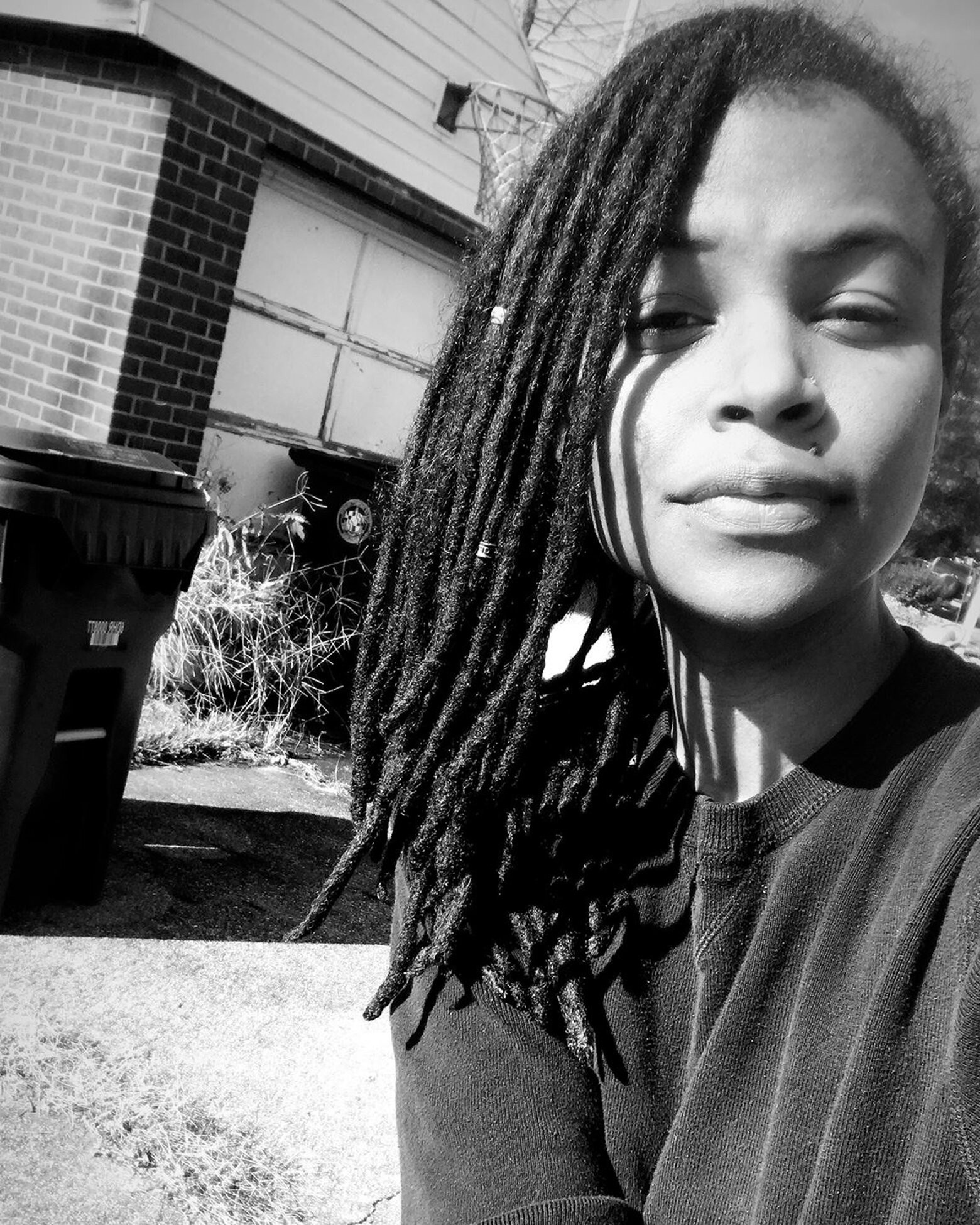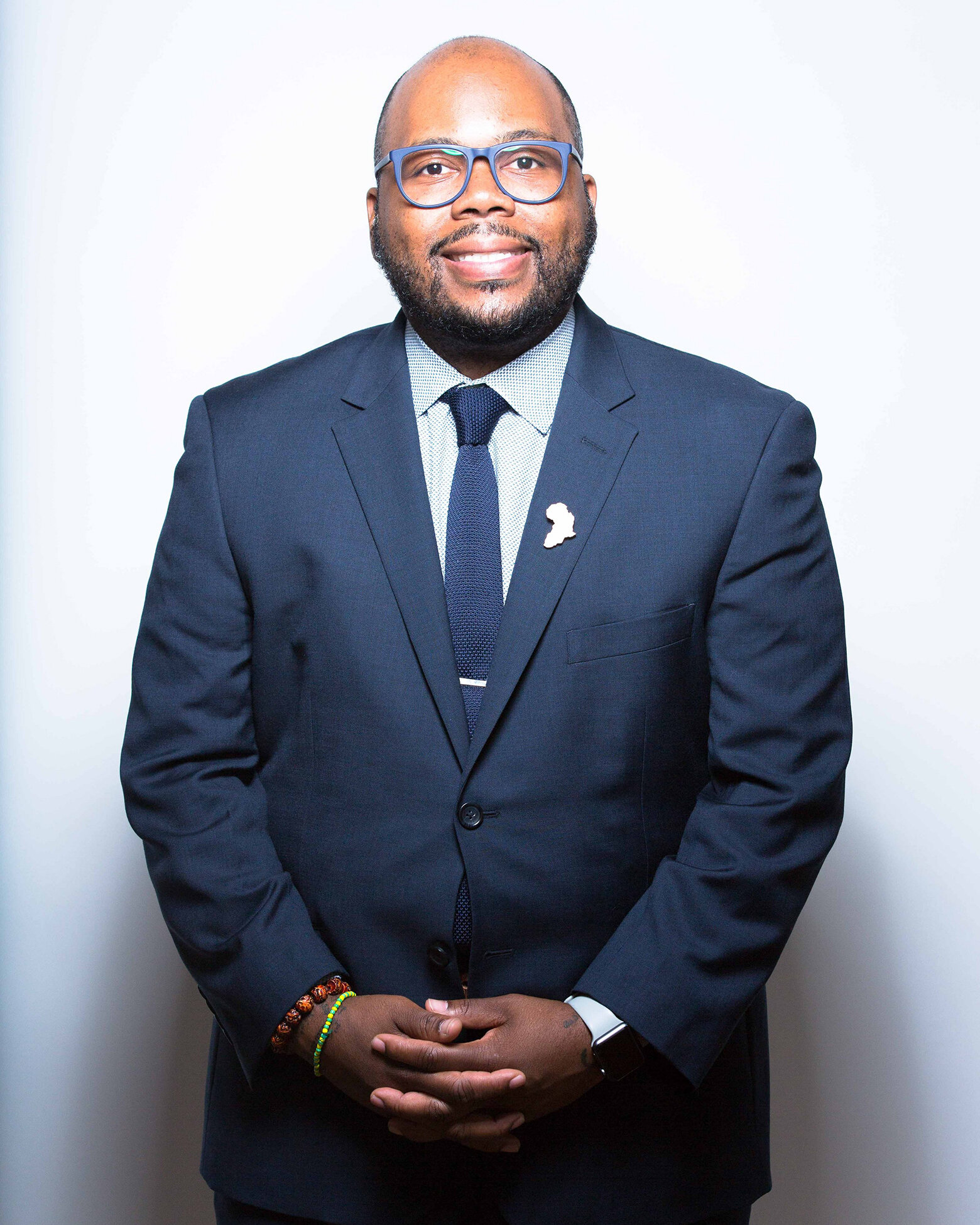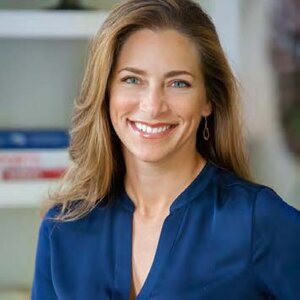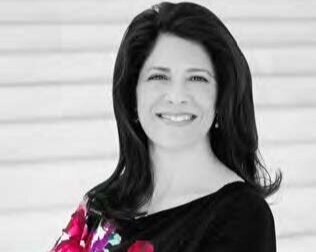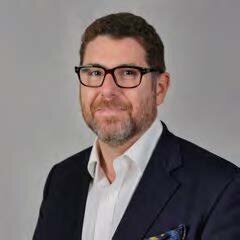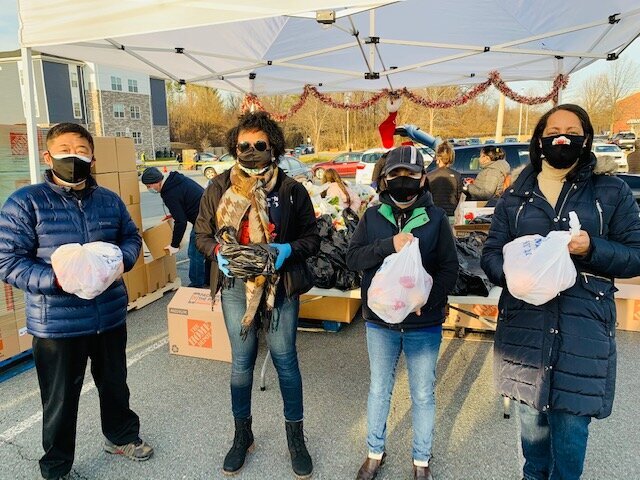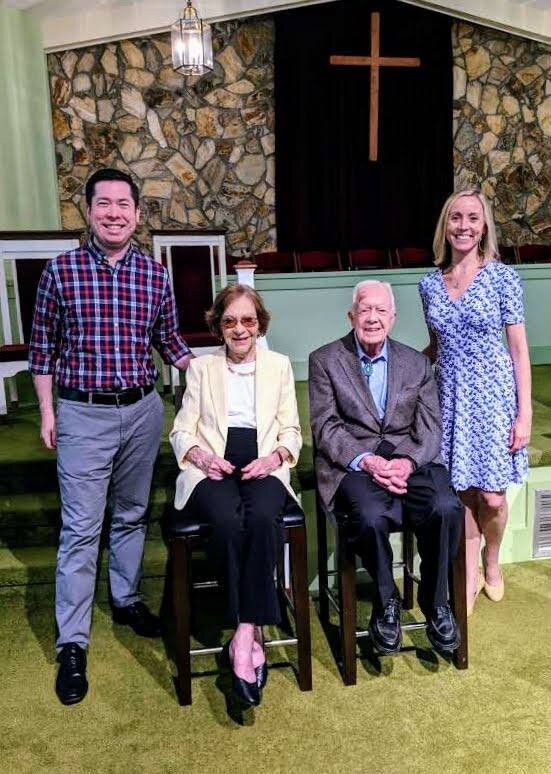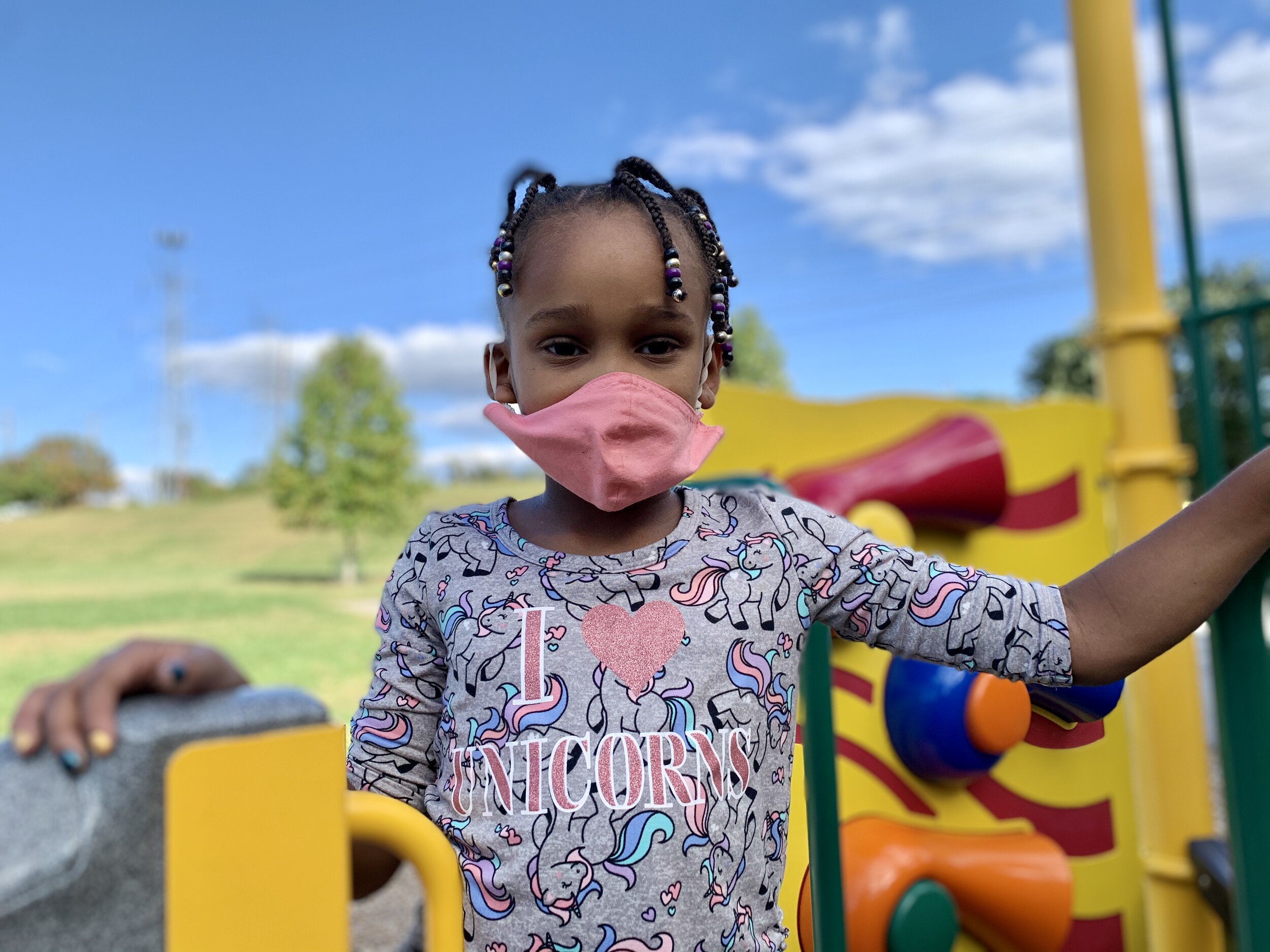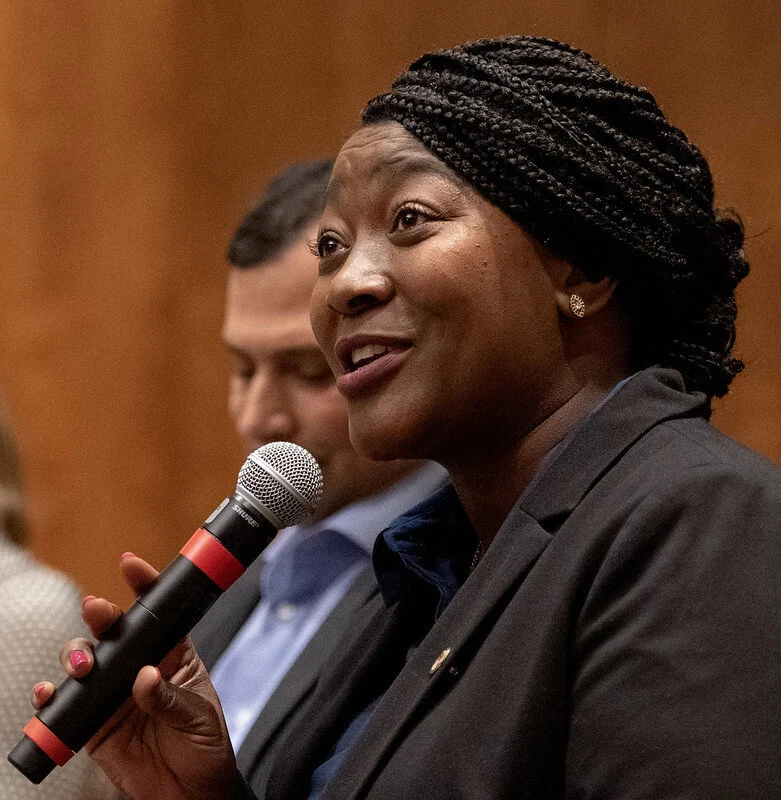By Nora Olagbaju (she/her/hers), LGBTQ+ Fellow
Growing up in a Nigerian home as a lesbian, I often had to grapple with my own identity. Knowing that it was unsafe to be myself on the land of my ancestors still is a painful reality that I have come to terms with. Fortunately, my parents are both activists who encouraged me, from a young age, to advocate for myself and my community.
As early as high school, I was active in the community, interviewing people all over the DC area at the intersections of many avenues of oppression. Many of the topics that came up included issues like violence against the LGBTQ+ community, mental health disparities, unemployment, housing inequality and homelessness—issues that align with many of the priorities at The Community Foundation.
More and more, I see how social issues like these are interconnected. For example, did you know that almost half of the youth experiencing homelessness in DC identify as LGBTQ+? According to Maggie Riden, who runs the DC Alliance of Youth Advocates, many more are at risk of winding up on the streets, too.
This is a perfect example of intersectionality, which I define as the unique challenges or discrimination one can feel as it relates to overlapping aspects of their identity and position within society. Intersectionality is deeply intertwined with the LGBTQ+ work we do at The Community Foundation because understanding these intersections helps better shape our priorities and navigate next steps.
As the LGBTQ+ Fellow at The Community Foundation, I’m thankful for the opportunity to help address some of these inequalities. Our recent work with direct cash transfer programs, which provide immediate financial aid to those in need, and budget advocacy, to help increase funding and support for organizations, will have a direct impact on a vast portion of the community that is often overlooked. It is our hope that by advocating for LGBTQ+-focused or serving organizations, we can empower them to fight discrimination, and address intersectional issues like homelessness.
Outside of The Community Foundation, as a Howard University student who has grown up in the DC area, I feel a need to make sure that students are providing support to DC advocacy organizations. In my junior year, I joined the Coalition of Activist Students Celebrating the Acceptance of Diversity and Equality (CASCADE) as the deputy director of community service. Now, I serve on the Advancing Black Strategists Initiative advisory board, which aims to provide a network to amplify black strategists’ voices and power, while also providing leadership resources. My experience has been rewarding and healing, as I’ve been able to connect with like-minded people.
My identity and lived experiences have made me an advocate both by necessity and passion. As a Black lesbian woman, I am more likely to experience violence, poverty, homelessness, and discrimination just for being who I am. I have seen the growth of my city while simultaneously seeing many of the people who have made a home here for generations being pushed out. I have seen the deep need for support of the LGBTQ+ youth in DC.
I’m excited to be working to help The Community Foundation emphasize intersectionality through its LGBTQ+-focused work. As we celebrate Pride Month, it is inspiring to see how far we’ve come--and it motivates me to continue to do the work that is needed.
About Nora Olagbaju
Nora Olagbaju is the LGBTQ+ fellow at The Community Foundation. She is currently a Senior at Howard University where she is pursuing a degree in political science and African studies. Her lived experience as a Black and lesbian woman has driven her advocacy within her community.













